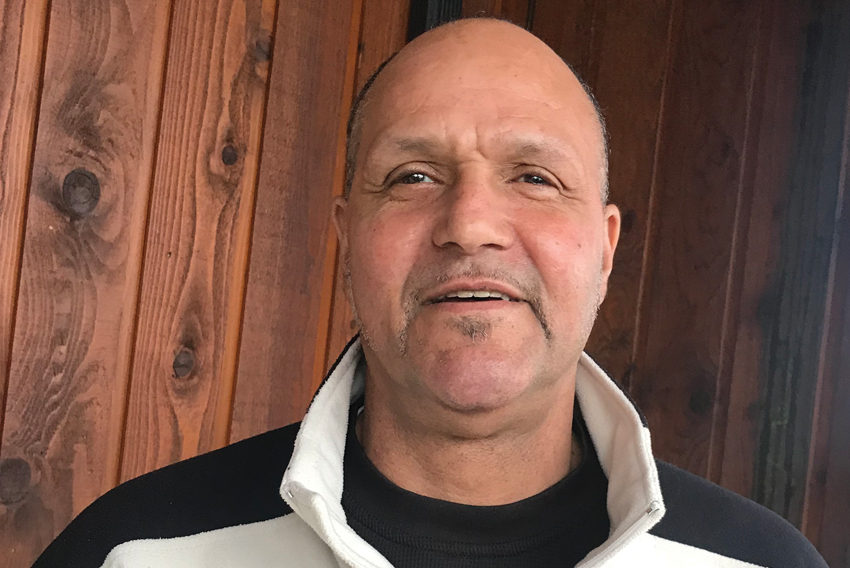Understanding Substance Use
Health is a state of total well-being—physical, mental and social—helping us both survive and thrive in our everyday lives.
PDF | Vol. 21, No. 2 (2025)
Reprinted from the "Systemic Racism" issue of Visions Journal, 2021, 16 (3), p. 44

I was born in 1957. A lot of times I say I’m Mulatto. My dad is Black and my Mom is white. I had loving parents. I live in Campbell River. But I grew up in Vancouver, on the East Side.



Sign up for our various e-newsletters featuring mental health and substance use resources.